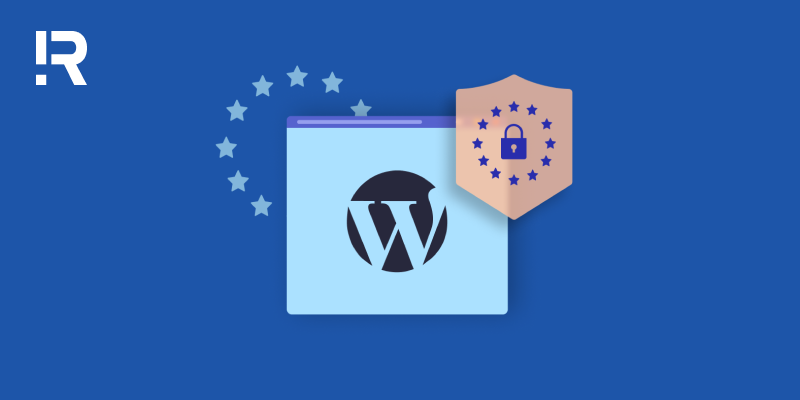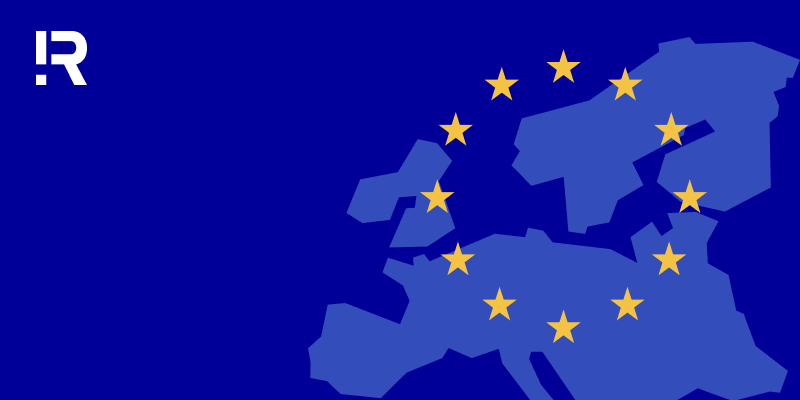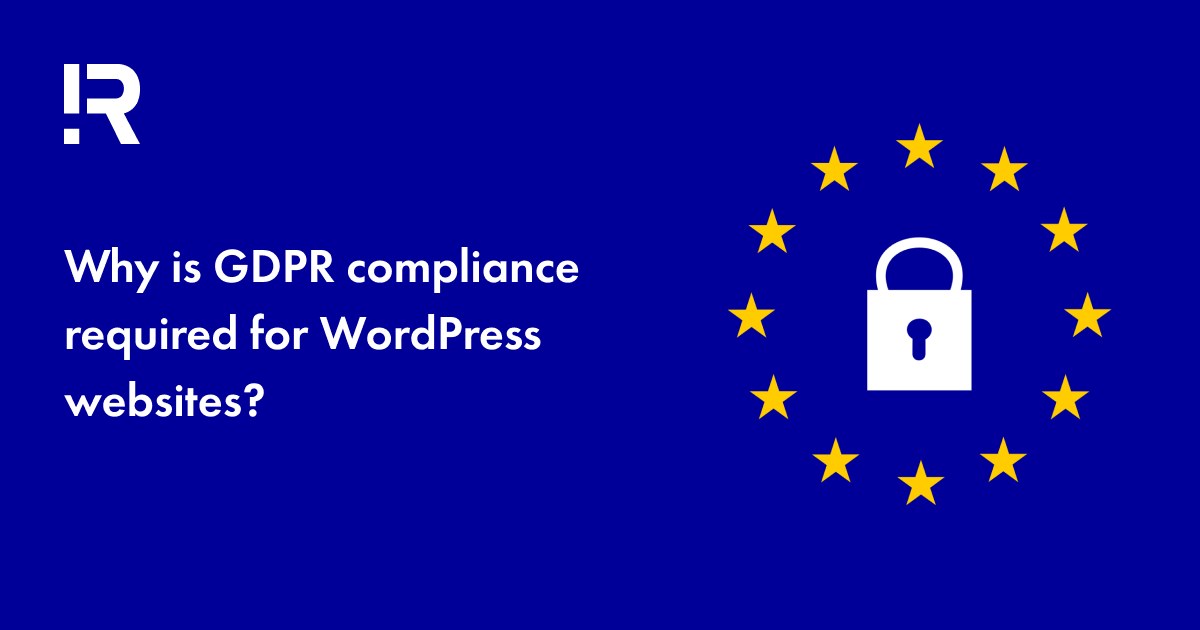1. What is GDPR compliance? Is it compulsory in Vietnam?
The General Data Protection Regulation (GDPR) is an EU law that governs the processing of personal data. This law applies to all businesses (including WordPress websites) worldwide, even if you are not from an EU country. GDPR is regarded as an international standard for the protection of personal data. Many countries have referred to GDPR when enacting or updating their own personal data protection laws.

The Personal Data Protection Decree (PDPD) in Vietnam will go into effect on July 1, 2023. The PDPD shares many similarities with the GDPR, including:
- Businesses or website owners must obtain explicit consent from users before collecting and processing their personal data.
- Users have complete control over their personal data (access, correction, deletion, the right to limit sharing and processing of personal data).
- Businesses or website owners must notify users and the competent authority about any data breaches.
Therefore, complying with GDPR implies that you have also complied with the Vietnamese Law on Personal Data Protection (with the exception of some procedures and documents that must be submitted to the Ministry of Public Security in accordance with the PDPD regulations). This regulation applies in particular if your website is accessed by users from the EU.
2. Why do WordPress websites need to be GDPR compliant?
Websites built on WordPress collect personal information through a variety of methods (both legal and illegal), including:
- Name and email address in comment forms.
- Cookie templates that remember user names or email addresses for commenting.
- Name and email address submitted through contact forms.
- Name and email address submitted for user registration or newsletter subscription.
- Tracking plugins, such as Google Analytics.
- Facebook page plugins and cookie consent buttons.
- Other social media platform widgets that track users.
- Advertising programs such as Google AdSense, track users.
- Security tools and other plugins.
The GDPR requires businesses to protect user personal information, and websites do not have the right to track or use it without explicit consent.
Therefore, all websites on the internet should have a Privacy Policy or Terms of Service page. This page not only protects businesses from legal issues but also helps build trust with consumers.
Additionally, because visitors to your website may be both domestic and international, you must have a separate Privacy Policy page to comply with GDPR. GDPR violations can result in significant fines, with a maximum penalty of 20 million euros or 4% of global revenue, and data subjects have the right to seek restitution for damages.

3. How does GDPR affect WordPress analytics tools?
Website owners frequently use the Google Analytics plugin for WordPress to analyze data and assess the effectiveness of their website's marketing activities. However, Google Analytics is considered illegal and does not comply with GDPR. Furthermore, because visitors deny access rights, this tool suffers from data deficiencies, resulting in incomplete tracking.
Read more:
Google and Data Privacy: Unveiling the Facts Users Need to Know
Personal Data Protection Law Compliance: A Guide for Businesses
Many individuals and businesses are currently avoiding using Google Analytics due to concerns about the collection and unauthorized use of personal data, as well as the threat of fines for GDPR violations. If you want to use Google Analytics on your WordPress website, you must anonymize the data before storing and processing it, or add an additional layer of security by requesting user consent before tracking. However, the best approach is to avoid using these data tracking tools and instead opt for a better alternative solution.
R Digital's AesirX Analytics is one such option:
- Data is stored on the user's device.
- Does not use third-party cookies.
- Only collects and stores first-party data.
- Protects personal data and complies with GDPR and CCPA.
- Easy installation on WordPress, Joomla and WooCommerce in just 30 seconds.
- User-friendly interface.
- Freemium (forever) option.
- Accurate and effective analytics.
- No data deficiencies or inconsistencies, as in Google Analytics.
GDPR applies to all individuals and businesses that collect personal data, so compliance is critical. WordPress users must switch to an analytics tool that uses first-party data to ensure the security of personal information and to give users complete control over their data. We hope you found this article helpful in achieving GDPR compliance on WordPress.
4. Contact us
Ronni K. Gothard Christiansen - Creator
Email: ronni@r-digital.tech
Phone: +1 917 695 2932
Tran Nguyen - Customer management
Email: tran@r-digital.tech
Phone: 0939884990























